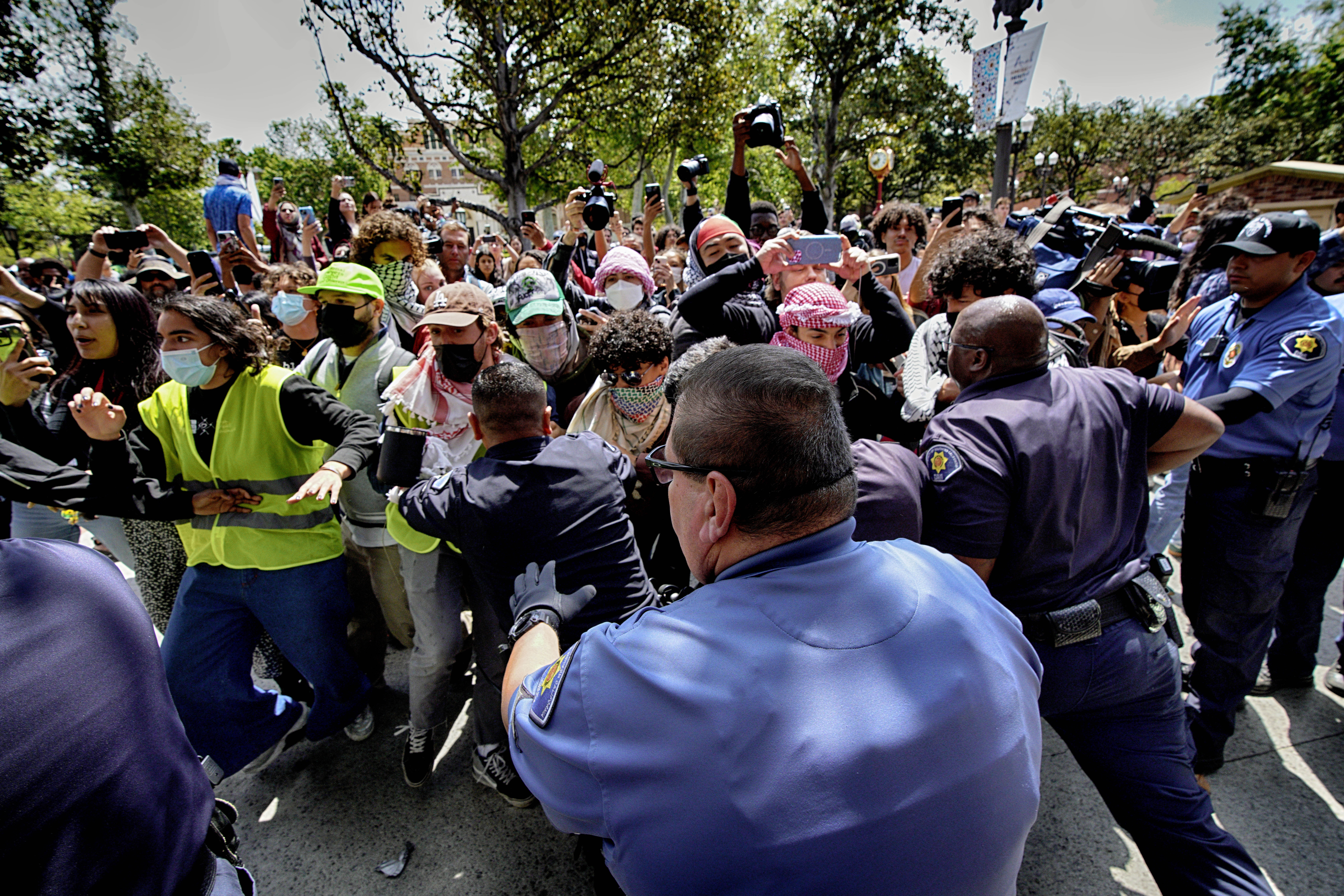Russian President Vladimir Putin declared martial law in four parts of Ukraine that his country illegally annexed last month, prompting some New Yorkers to wonder, "Where have we heard that one before? What does it mean again?"
First, you have heard the term used locally, though it's likely not a fond memory. "Martial law" was bandied about in New York at the start of the COVID pandemic, in March 2020. Executive-ordered shutdown after executive-ordered shutdown required people to stay in their homes almost exclusively to prevent viral spread, and people were wary about how far the government-imposed rules would go. Martial law is the extreme end of that.
Essentially a military takeover, martial law allows the military to take on government functions in times of civil turmoil. It's typically introduced as a temporary measure to stabilize a crisis of some kind -- a public health matter, in the case of 2020 New York, and a wartime one, in the case of Russia now, and allows a head of state, or country, to impose broad-based restrictions on its people. The objective is to sustain order in volatile times and keep a state functioning.
Putin didn’t immediately spell out the powers that his martial law decree would grant, but they could include restrictions on travel and public gatherings, tighter censorship and broader powers for law enforcement agencies.
Get Tri-state area news and weather forecasts to your inbox. Sign up for NBC New York newsletters.
Sound familiar?
The Legal Information Institute at Cornell Law School has a good online primer on the constitutional limitations of martial law as far as the United States goes. Generally, courts have found it permissible, with restrictions.
A 2000 paper in the Air Force Law Review, "Imposition of Martial Law in the United States," imagines a scenario frighteningly like our current one -- a pandemic breaks out (in this case, terrorist-released smallpox), which overwhelms civilian authority and defeats quarantine efforts, leading to a declaration of martial law.
News
And martial law, as defined in a famed 1942 Harvard Law Review paper, is described this way: "Martial law [in the sense we are using it] is more accurately described as martial rule, which obtain in a domestic community when the military authority carries on the government, or at least some of its functions."
New Yorkers of a certain age may remember an extreme and dramatized version of the idea from the 1998 Bruce Willis movie "The Siege," in which a series of terrorist attacks on New York City leads to the imposition of martial law, allowing a war-hawk general to imprison Muslims on the grounds of Yankee Stadium.
But in practice, it hasn't actually been used aggressively at a state level since Southern governors invoked it in the 1950s and 1960s to quell racial unrest. The chances of that happening again, as of now, appear remote.



